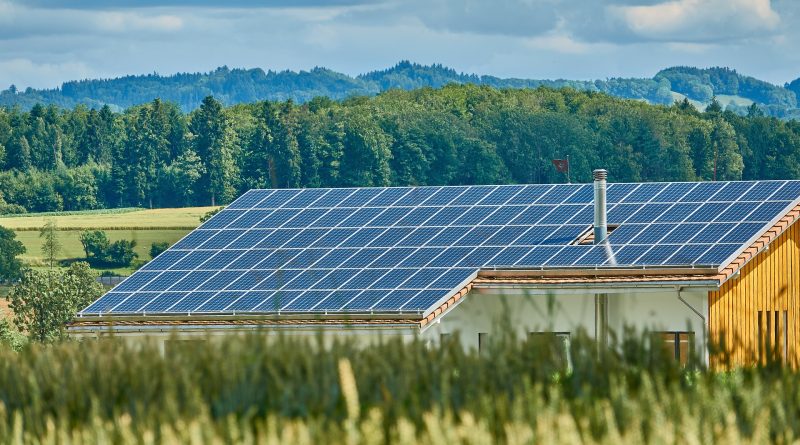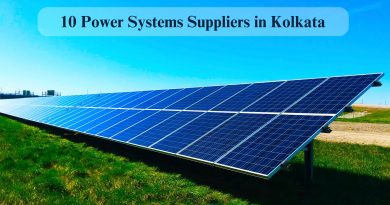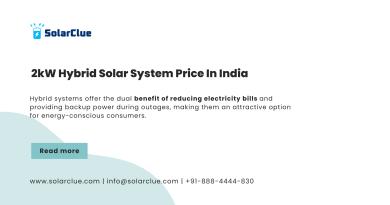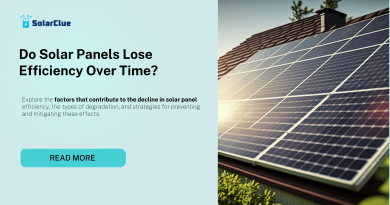Considerations for Your Home Solar Power System
Table of Contents
- 1 The Importance of Considering Factors Before Getting a Solar Power System for Your Home
- 2 1. Solar Resource and Site Assessment
- 3 2. Energy Consumption and Cost Analysis
- 4 3. Financing Options and Available Incentives
- 5 4. Compatibility with Local Regulations and Grid Connection
- 6 5. System Size, Type, and Maintenance
- 7 Conclusion
The Importance of Considering Factors Before Getting a Solar Power System for Your Home
Introduction:
In recent years, solar power systems have gained immense popularity as an alternative energy source for homes. Not only do they offer a more sustainable and environmentally friendly way to generate electricity, but they also provide significant long-term savings on energy bills. However, before rushing into installing a solar power system, it is crucial to consider various factors to ensure that it is the right fit for your home and meets your specific requirements. This article will explore the important factors that need to be taken into account before getting a solar power system.
1. Solar Resource and Site Assessment
A crucial factor to consider before installing a solar power system is the solar resource potential of your location. This refers to the amount of sunlight your area receives throughout the year. The more sunlight your home receives, the more electricity your solar panels can generate. Conducting a thorough site assessment is vital to determine the solar resource potential of your property. Factors such as shading from nearby buildings or trees, roof orientation, and pitch can significantly impact the efficiency of your solar panels. Consulting with a professional solar installer or conducting a solar site analysis can provide you with accurate information regarding the solar resource potential of your property.
2. Energy Consumption and Cost Analysis
Before investing in a solar power system, it is essential to assess your household’s energy consumption and analyze your electricity bills. Understanding your energy usage patterns and identifying peak consumption times can help determine the size and type of solar power system required. Additionally, conducting a cost analysis by comparing your monthly energy bills with the potential savings from solar energy can give you a clear idea of the financial benefits of installing a solar power system. Calculating the payback period is also crucial to anticipate when you will start reaping the full benefits of your investment.
3. Financing Options and Available Incentives
Another factor to consider before getting a solar power system is exploring the available financing options and incentives. Solar power systems can be a significant upfront investment, but there are various financing options such as solar loans, leases, or power purchase agreements that can make it more affordable. Additionally, many countries and local governments offer incentives and tax credits to promote the adoption of renewable energy. Researching and understanding the available financing options and incentives in your area can help reduce the initial cost and decrease the payback period.
4. Compatibility with Local Regulations and Grid Connection
Before installing a solar power system, it is crucial to ensure that it complies with local regulations and building codes. Some areas have specific requirements regarding the installation and placement of solar panels, which might affect the feasibility of installing a solar power system on your property. Additionally, understanding the grid connection requirements is important if you wish to take advantage of net metering programs. These programs allow you to sell excess solar energy back to the grid, further reducing your energy costs. Consulting with local authorities and understanding the regulations and grid connection policies in your area is necessary before proceeding.
5. System Size, Type, and Maintenance
Choosing the right system size and type is crucial for maximizing the efficiency and output of your solar power system. Factors such as available roof space, energy consumption, and budget will determine the appropriate system size. Moreover, considering the type of solar panels (monocrystalline, polycrystalline, or thin-film) and the type of inverter (string, micro, or power optimizer) is essential to meet your energy needs and budget. Additionally, considering the maintenance requirements of the solar power system is crucial for long-term performance. While solar panels require minimal maintenance, regular cleaning and inspections are necessary to ensure optimal operation and longevity.
Conclusion
Before taking the leap to install a solar power system for your home, considering these important factors is vital to ensure the system’s efficiency, cost-effectiveness, and compatibility with your specific needs. Assessing the solar resource potential, analyzing your energy consumption and cost, exploring financing options and incentives, complying with regulations, and selecting the appropriate system size and type are all critical steps in making an informed decision. By carefully considering these factors, you can confidently move forward with the installation of a solar power system, contributing to a cleaner environment and enjoying long-term energy savings.




